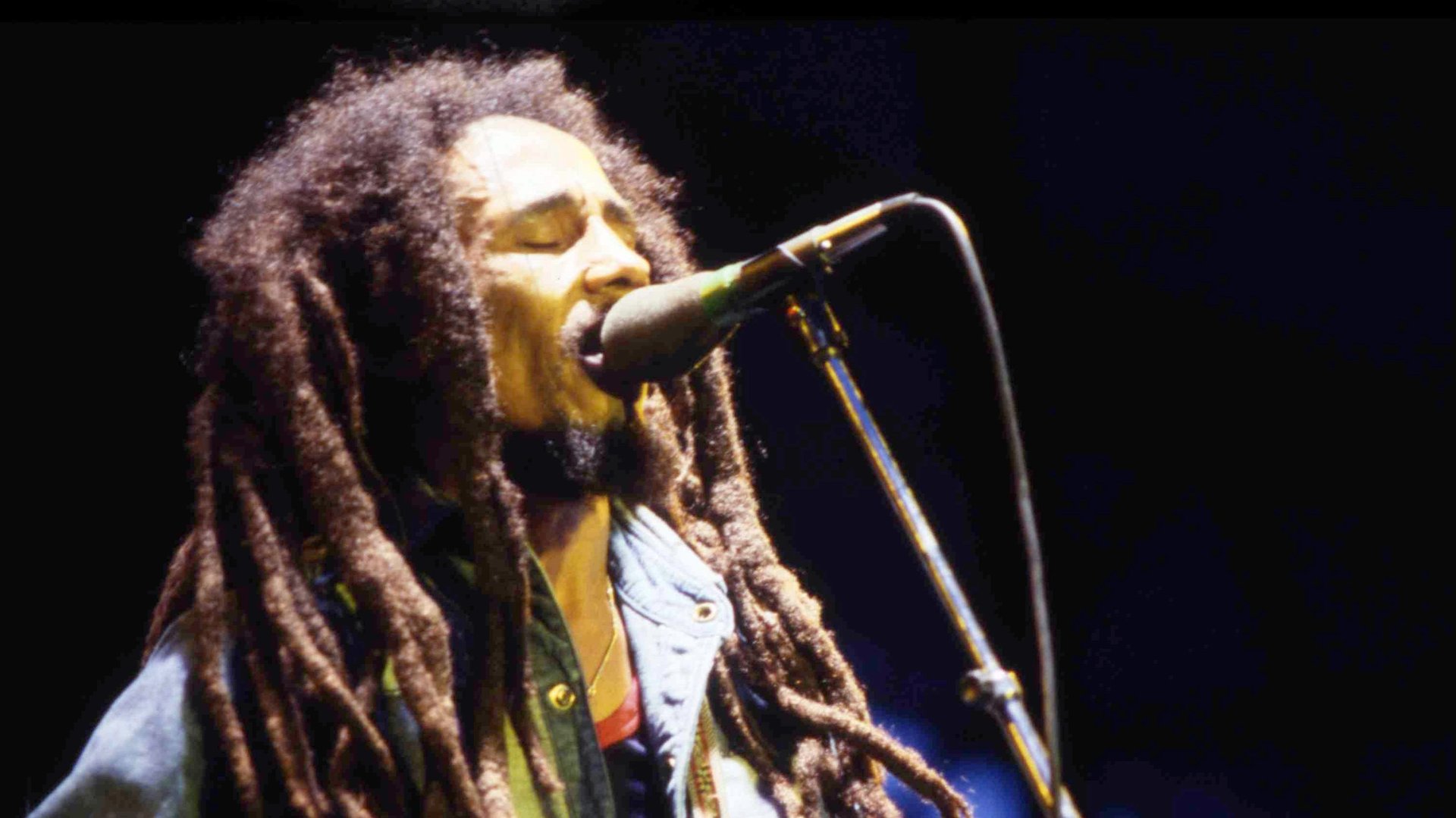Once the music of the marginalized, Jamaican reggae is now protected by Unesco
The cultural value of Jamaica’s reggae music was formally recognized today (Nov. 29) when Unesco placed it on its list of “intangible cultural heritage.” While reggae music has been popularized around the world by artists such as Bob Marley and the Wailers, and sampled by musicians like Kanye West and Jay Z, its inclusion on Unesco’s list is about showcasing and preserving its distinctly Jamaican history.


The cultural value of Jamaica’s reggae music was formally recognized today (Nov. 29) when Unesco placed it on its list of “intangible cultural heritage.” While reggae music has been popularized around the world by artists such as Bob Marley and the Wailers, and sampled by musicians like Kanye West and Jay Z, its inclusion on Unesco’s list is about showcasing and preserving its distinctly Jamaican history.
Unesco explains that “in its embryonic state Reggae music was the voice of the marginalized”—Marley, for example, grew up among street gangs in government tenement housing in Kingston. Reggae has since become an amalgam of musical styles played by “a wide cross-section of society,” but its enduring power as a music of the people is one of the key reasons why it is a cultural treasure. Unesco writes:
Its contribution to international discourse on issues of injustice, resistance, love, and humanity underscores the dynamics of the element as being at once cerebral, socio-political, sensual, and spiritual. The basic social functions of the music—as a vehicle for social commentary, a cathartic practice, and a means of praising God—have not changed, and the music continues to act as a voice for all.
Other core aspects of reggae music include celebrating Jah (or god), ganja (or marijuana), and Ras Tafari, the deified identity of the former Ethiopian emperor Haile Selassie. Inclusion on Unesco’s list is largely symbolic, though the United Nations agency does provide resources to safeguard the preservation of cultural heritage, and to promote their value. For example, Unesco created a short educational video on reggae music. Before the Unesco recognition, in an effort to protect its cultural heritage, the Jamaican government already had radio stations dedicated to reggae, an annual Reggae Month in February, and planned to mount public exhibitions on the genre, the New York Times reports (paywall).
Jamaica’s culture minister Olivia Grange told local publication The Star that it is important to recognize reggae music’s roots. “It’s less about validating the music and more about making sure people are not confused about where reggae comes from,” she said, noting that it should be “recognized worldwide as the creative output of the Jamaican people.”
Reggae music is one of the more high-profile 2018 additions to Unesco’s list. Other newly honored practices from around the world include traditional hand puppetry from Egypt, the love ballad form of music called Dondang Sayang from Malaysia, and Tamboradas drum-playing rituals from Spain. You can find the full list of over 300 Unesco cultural traditions here.